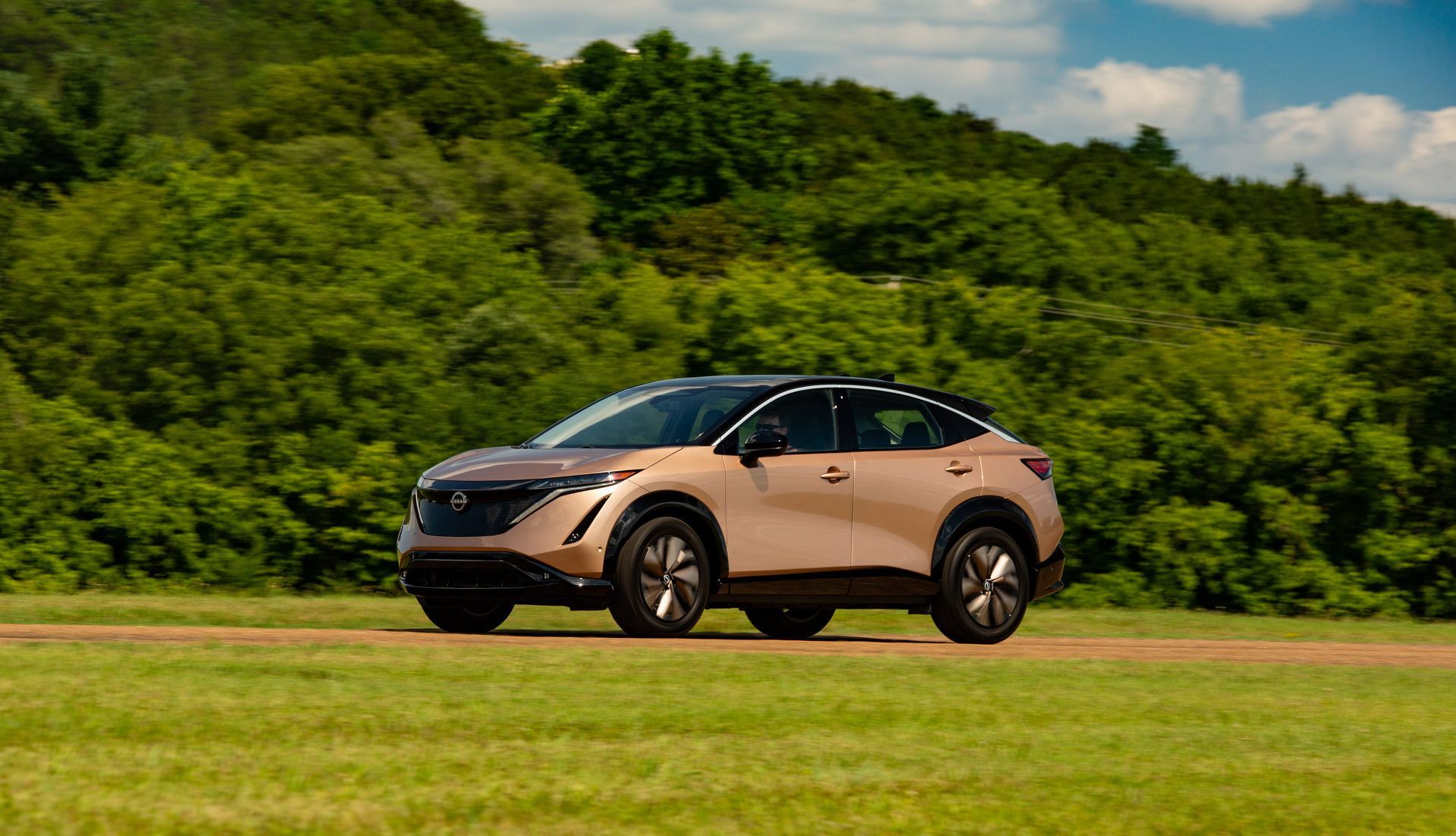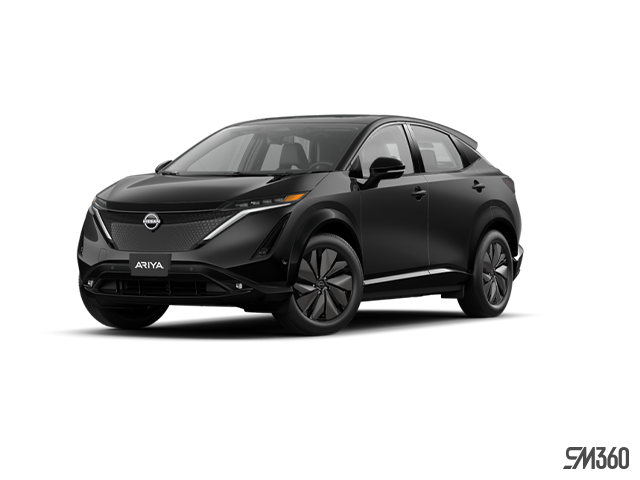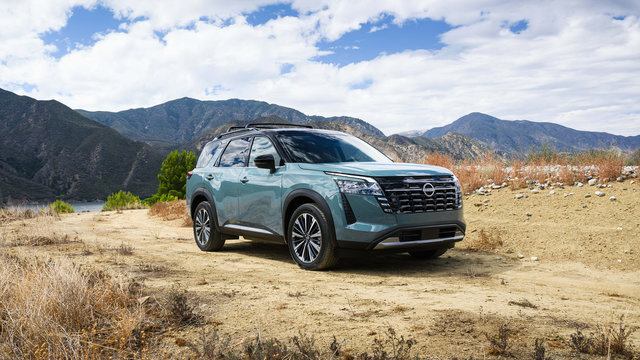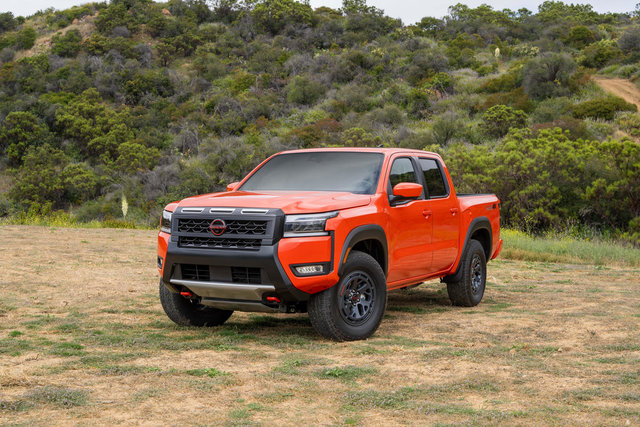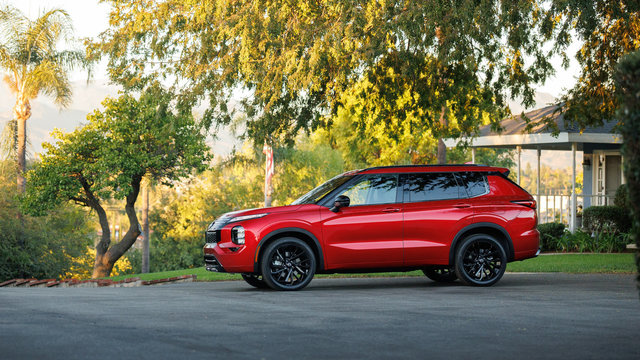The daily grind on Highway 401 between Waterloo and the Greater Toronto Area tests even the most patient drivers. Stop-and-go traffic, aggressive lane changes, and the mental fatigue of maintaining constant attention for hours each day take their toll. The Nissan ARIYA's ProPILOT Assist 2.0 technology transforms this stressful experience into something far more manageable.
This advanced driver assistance system brings hands-off single-lane driving capability to one of Canada's busiest highways. For thousands of Waterloo Region tech workers and business professionals who make this commute regularly, ProPILOT Assist 2.0 shifts how they experience their daily journey.
Hands-Off Highway Driving Reduces Physical Fatigue
ProPILOT Assist 2.0 enables attentive drivers to take their hands off the steering wheel during single-lane highway operation. The system handles acceleration, steering, and braking while monitoring road conditions through radar, cameras, and high-definition mapping data.
During the typical rush-hour crawl between Waterloo and Mississauga, this technology eliminates the constant micro-adjustments required in stop-and-go traffic. Your shoulders stay relaxed instead of tensed over the steering wheel for 90 minutes each way. The system maintains proper following distance and smooth acceleration patterns that human drivers often struggle with in heavy traffic.
When traffic opens up to highway speeds, ProPILOT Assist 2.0 continues managing lane positioning and speed control. This reduces the physical strain of maintaining precise steering inputs over long distances, particularly valuable during those extended stretches through Mississauga and into Toronto where lane discipline becomes crucial.
|
Traffic Condition
|
Traditional Driving
|
With ProPILOT Assist 2.0
|
|
Stop-and-go traffic
|
Constant pedal work
|
Automated speed management
|
|
Highway cruising
|
Active steering required
|
Hands-off capability
|
|
Lane positioning
|
Manual corrections
|
Automated centering
|
Mental Energy Conservation for Better Focus
The cognitive load of highway driving extends far beyond physical fatigue. Constantly monitoring surrounding vehicles, maintaining lane position, and managing speed requires sustained mental attention that leaves commuters drained before their workday begins.
ProPILOT Assist 2.0 handles the routine aspects of highway driving, freeing mental capacity for other activities. While remaining alert and ready to take control when needed, drivers can engage in hands-free phone calls with better focus, listen to podcasts or audiobooks more attentively, or simply arrive at work less mentally fatigued.
The system proves particularly valuable during evening commutes when fatigue from a full workday compounds the stress of heavy traffic. Instead of white-knuckling through another hour of intense concentration, the ARIYA manages the mechanical aspects while you stay aware but relaxed.
During winter conditions common to southwestern Ontario, the system's integration with the vehicle's traction and stability systems provides additional confidence. The technology adjusts smoothly to changing road conditions without the sudden inputs that can destabilize vehicles on snow or ice.
Predictable Traffic Flow Management
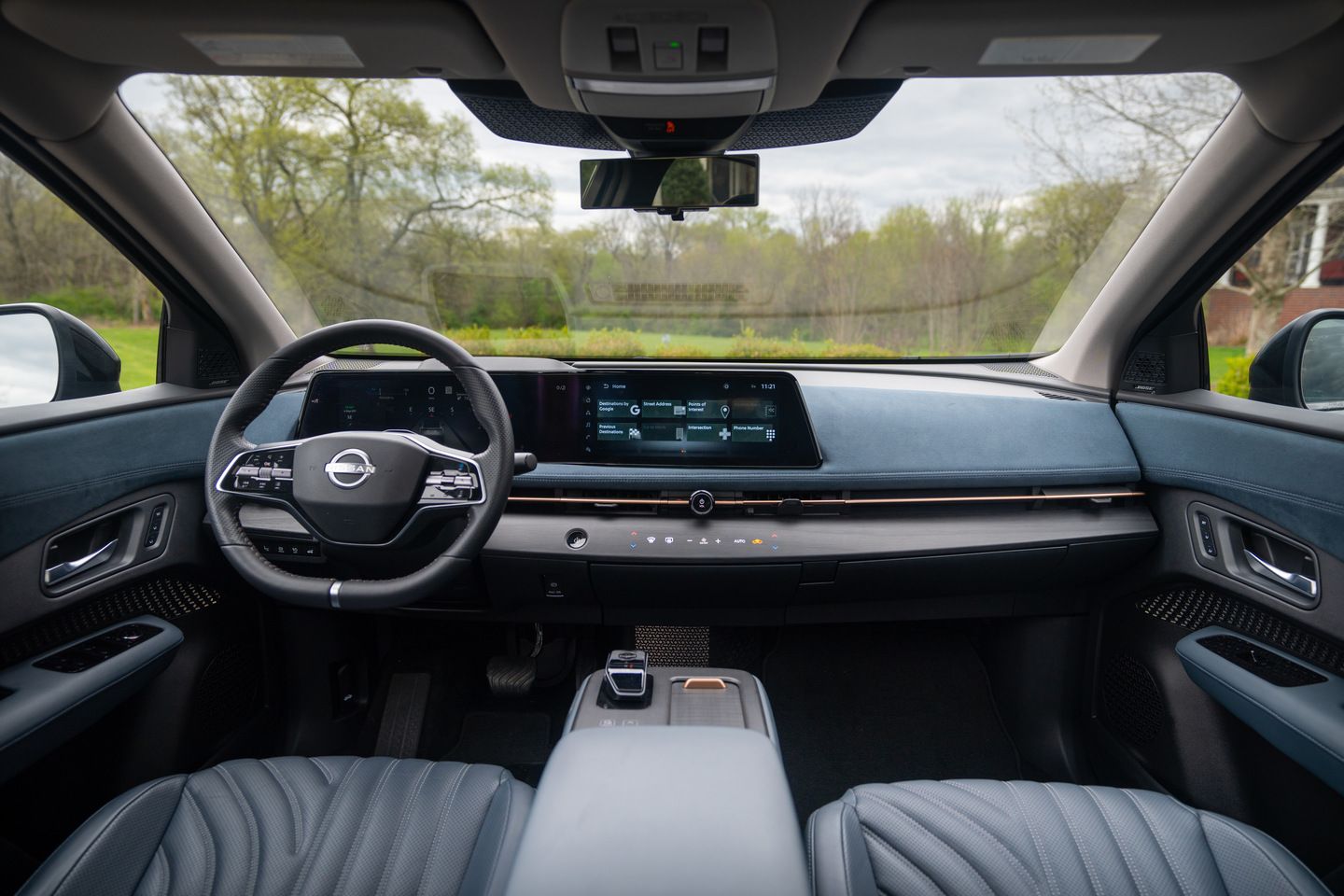
One of ProPILOT Assist 2.0's most valuable features involves its consistent, predictable behaviour in traffic. Unlike human drivers who accelerate and brake erratically, the system maintains smooth, measured responses that improve traffic flow for everyone.
The ARIYA's sensors detect traffic patterns ahead and adjust speed gradually rather than with sudden changes. This prevents the accordion effect where minor slowdowns cascade into major delays throughout the traffic stream. When multiplied across many vehicles using similar technology, these improvements benefit all highway users.
In construction zones that frequently appear along the 401 corridor, ProPILOT Assist 2.0 maintains steady positioning within narrowed lanes. The system's precision exceeds typical human capability, reducing the anxiety associated with navigating tight spaces at highway speeds while surrounded by transport trucks.
The technology also manages merging traffic more smoothly than most drivers. When vehicles enter from on-ramps, the system makes gradual speed adjustments to create space rather than the sudden lane changes or hard braking that often characterize these interactions.
Technology That Works Within Real-World Limits
ProPILOT Assist 2.0 operates specifically on mapped highway sections where lane markings are clearly visible and traffic conditions allow safe hands-off operation. The system requires driver attention at all times and alerts users when manual control becomes necessary.
The ARIYA's implementation includes safeguards that monitor driver alertness through steering wheel sensors and cabin cameras. If attention wanes, the system provides escalating warnings and will safely bring the vehicle to a stop if necessary.
While the technology handles routine highway driving exceptionally well, it automatically returns control to the driver for complex situations like multi-lane merging, construction zones with irregular markings, or severe weather conditions that exceed sensor capability.
Making the Investment Decision
The Nissan ARIYA with ProPILOT Assist 2.0 features technology that addresses daily commuter needs. For professionals making this commute five days per week, the reduction in fatigue and stress provides clear benefits. The time savings from reduced mental exhaustion, combined with the safety benefits of consistent, predictable driving behaviour, make this technology valuable for frequent highway users.
Experience how ProPILOT Assist 2.0 can transform your daily commute by scheduling a demonstration drive on the routes you travel most. Contact our team at Waterloo Nissan to discover how this advanced technology adapts to your specific driving needs.

